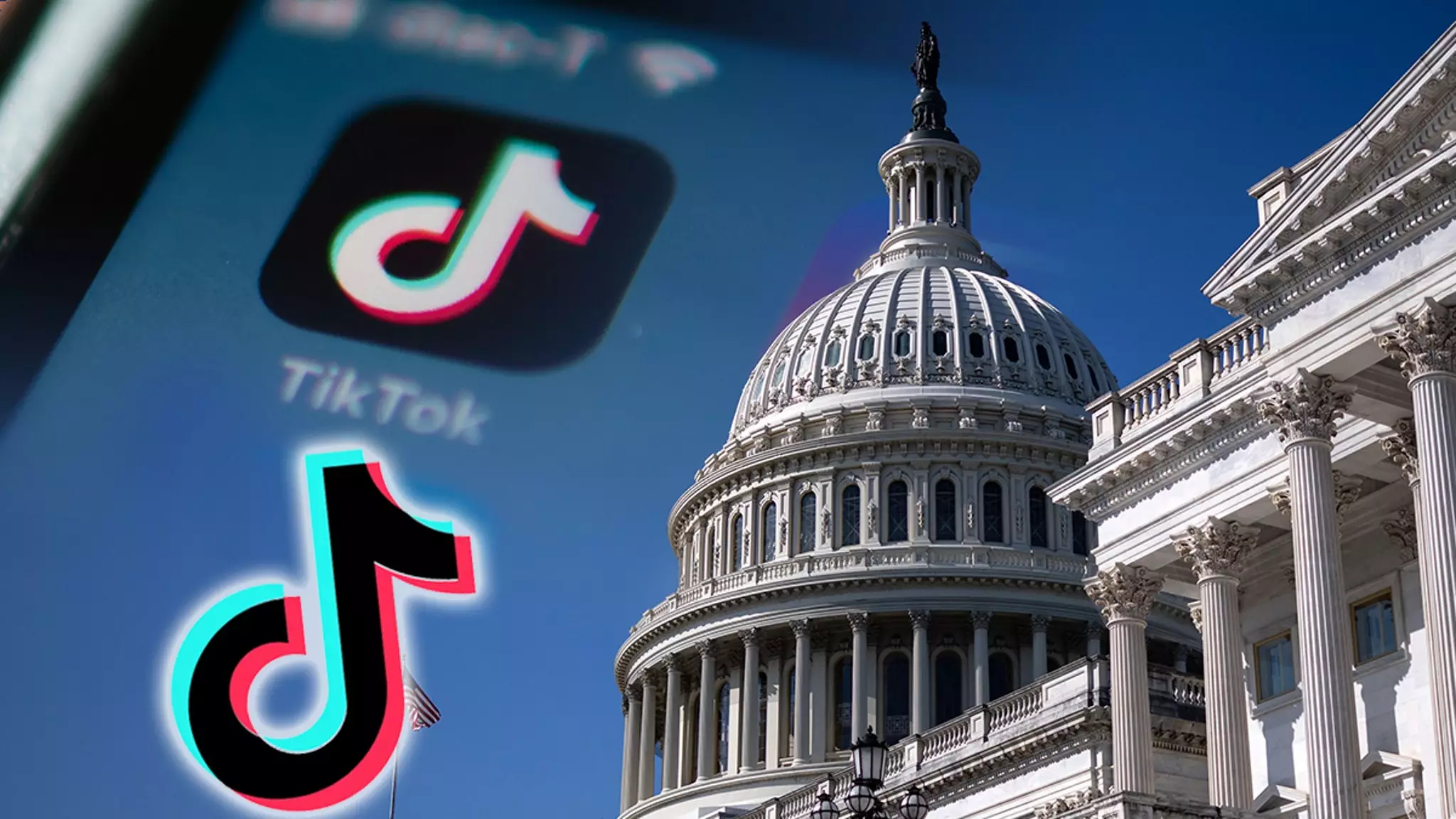In an era where social media platforms wield significant power over public opinion and user engagement, TikTok’s recent turmoil highlights the intricate relationship between technology, politics, and economics. The app, with its vast user base in the United States, found itself at the center of a political storm when concerns over ownership and data security emerged, raising questions about its future. The events surrounding TikTok not only reflect the challenges faced by digital platforms but also underscore the complex interplay of government and social media in contemporary America.
The announcement from President-elect Donald Trump to restore TikTok’s services sparked a wave of reactions across various sectors. His pledge to issue an executive order comes at a crucial time, as the platform had been under scrutiny due to its association with Chinese parent company ByteDance. Trump’s statement emphasized the need for clarity in the regulatory landscape, aiming to secure the app’s future for its U.S. users, including over 7 million small businesses leveraging the platform for growth. The political backing for TikTok is both a strategic move to appease influencers and content creators and an acknowledgment of the app’s significance in American digital culture.
TikTok’s communication, expressing gratitude towards President Trump, positions the platform as a staunch defender of First Amendment rights. This message resonates deeply in a time when discussions surrounding censorship and content regulation dominate media narratives. By emphasizing a collaborative approach with the new administration, TikTok seeks to reassure users and service providers that their voices will remain unfettered. The platform’s assertion of its commitment to working with government officials reflects a proactive stance in navigating a complicated political landscape.
The Economic Implications of Government Action
Trump’s proposal hinted at a potential change in ownership dynamics, suggesting that the United States could take a significant stake in TikTok. This move would effectively dilute ByteDance’s control, reflecting concerns over national security and data privacy. The implications of such an arrangement could be profound, possibly reshaping how digital platforms operate within the U.S. economy. As companies increasingly rely on social media for marketing and customer engagement, the outcomes of these political maneuvers will undoubtedly impact the broader economic ecosystem.
For countless influencers and content creators, TikTok is not just a platform; it is a vital source of income and creative expression. The uncertainty surrounding its future could lead to significant upheaval within this vibrant community. Influencers, many of whom have built their careers on the app, now face potential disruptions to their livelihoods. Trump’s actions might be perceived as a lifeline, yet the long-term viability of TikTok hinges on effective policy-making that protects both users and creators.
The unfolding saga of TikTok represents a microcosm of the broader tensions between digital innovation and regulatory frameworks. As the U.S. navigates this complicated narrative, stakeholders—from influencers to policymakers—will be closely observing the outcomes. While Trump’s involvement may offer temporary relief, the challenges of securing a sustainable future for TikTok remain. The journey ahead will be pivotal for not just the platform, but for the entire landscape of digital communication in America.

